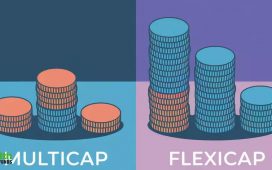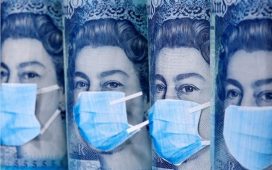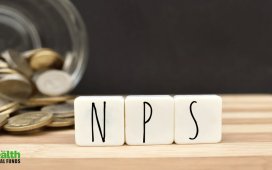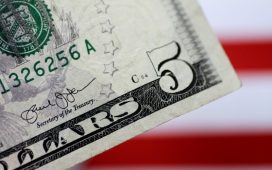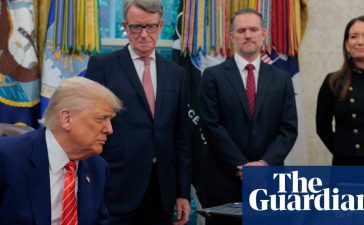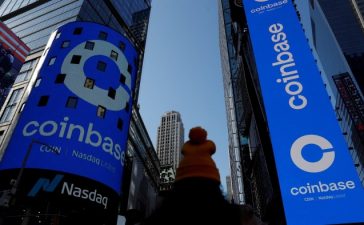ExchangeRates.org.uk – The Pound Sterling climbed against currency rivals to three-week highs after Labour secured a historic win at the 2024 UK General Election. The Election outcome was broadly in line with opinion polls with Labour winning a huge majority as the Conservative vote collapsed.
The Pound to Dollar () exchange rate has advanced to 3-week highs at 1.2780 with the Pound to Euro () exchange rate little changed just above 1.1800 while equity markets posted slight gains.
With increased support for smaller parties, Labour will have a House of Commons majority of over 170.
Markets are likely to welcome the prospect of relative political stability derived from a huge majority. Ben Ritchie, Head of Developed Market Equities at abrdn commented; “A landslide victory provides the sort of clarity and stability that equity markets need in an increasingly volatile world.”
MUFG is positive on the Pound outlook; “as we have argued in recent weeks, the huge majority for the Labour Party we believe is set to bring a positive political stability growth premium for the UK economy at the very moment when growth is beginning to accelerate as the energy price shock fades and positive real income growth returns.” It expects GBP/EUR will advance to 1.19 at the end of 2024.
ING, however, expects the Pound to lose ground; “When it comes to the medium and long-term currency considerations, the budget restrictions the new government will face suggest a weakening of economic fundamentals for the pound and some depreciating pressure.” It added; “Our call remains for a move to 1.25 in Cable and to 0.86 in (1.1625 for GBP/EUR) on the back of Bank of England easing this summer.
Kenneth Broux, head of corporate research for FX and rates at SocGen commented. “Investors have been long sterling and sentiment has been good and the results won’t change that.”
Attention will turn quickly to fiscal and monetary policy. SocGen’s Broux added; “We know Labour were going to win, so this doesn’t change much and this isn’t a game-changer for sterling. We now want to know what Labour’s plans are.”
The latest Office for Budget Responsibility (OBR) projections have indicated that there is a lack of fiscal headroom.
Pepperstone senior research analyst Michael Brown commented; “There is a lot of spending that (Labour) have pledged as well and only 20 billion pounds’ worth of fiscal headroom – give or take – so how those books are going to be balanced is a key question.” He added; “And this plan for 2.5% annual GDP growth is punchy, if I’m being kind, fanciful if I’m being slightly less kind and if we don’t get that growth relatively quickly, you could be looking at a pretty significant fiscal tightening going on.”
City Index senior markets strategist Fiona Cincotta noted; “What’s going to be really interesting is there isn’t actually that much headroom for dramatic change in fiscal policy.” ING noted that market pressures will be a key element; “Global bond investors have turned more sensitive to fiscal sustainability these past few months, and there’s a sense that Labour will inevitably need to go beyond what it promised during the campaign.”
After being silent during the election campaign, the Bank of England will be able to speak freely again with a quick focus on the outlook for interest rates. The next policy meeting is due on August 1st. City Index’s Cincotta commented; “I don’t think there is anything that is going to massively move the market as far as these elections are concerned now until the Autumn Statement, so the focus is going to shift, probably pretty quickly, back to the Bank of England.”
ING added; “In the meantime, the absence of seismic changes to the public finances means the Bank of England can get on with the job of cutting interest rates. Markets are pricing a 60% chance of an August rate cut, and we think that’s too low.” ING expects three rate cuts this year.
Jane Foley, head of FX strategy at Rabobank put the Pound performance in perspective; “You have to bear in mind that in September 2022 it was at its weakest ever, so if you look at sterling now it is not a strong currency but it has recovered from a very low base.” She added; “If investors carry on believing that significant tax increases are not likely, that the Labour Party wants to stimulate growth by convincing investors to come back to the UK, we could see a moderate rally for the pound.”
This content was originally published on ExchangeRates.org.uk


